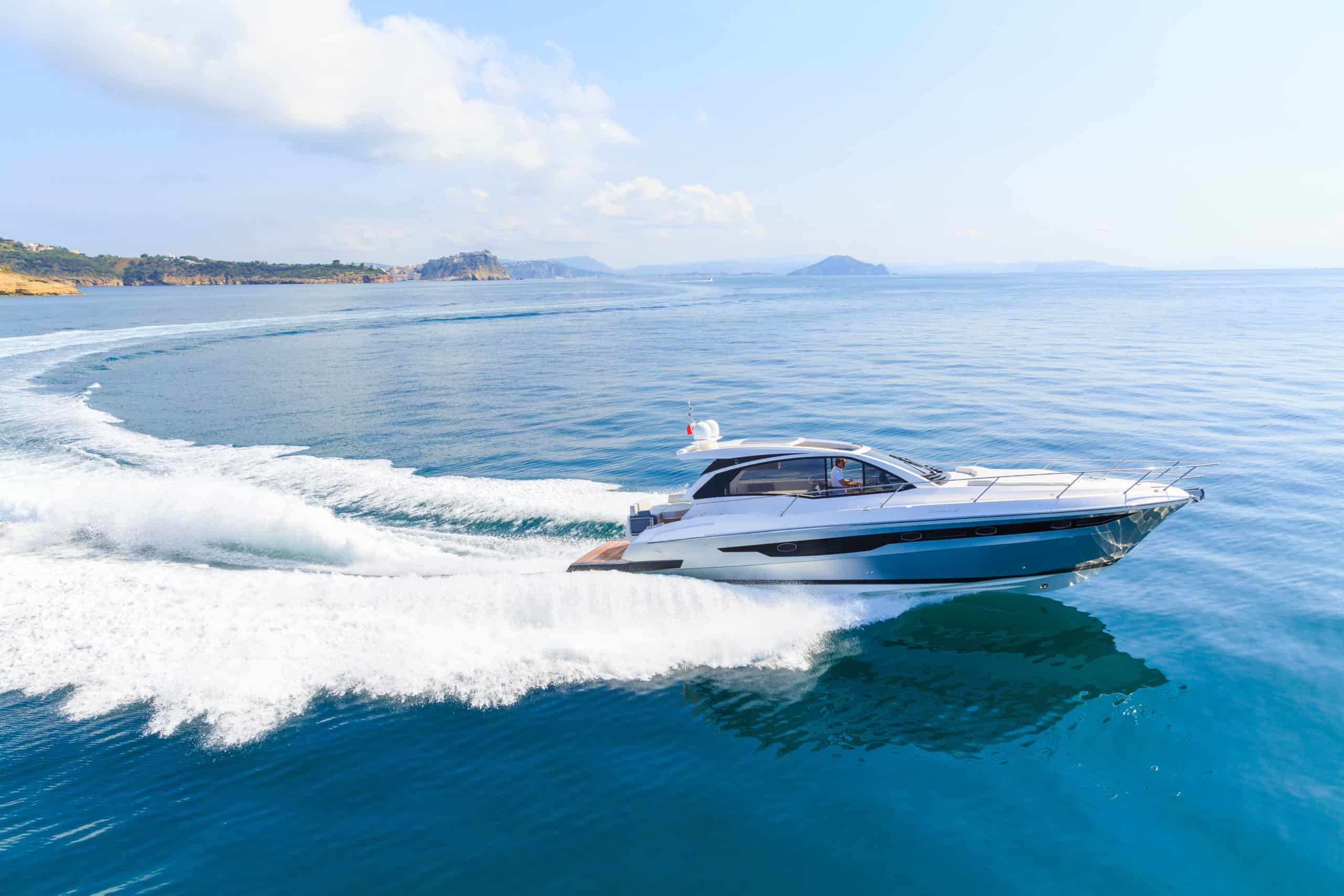
Although boating while intoxicated (BWI) might sound like a reasonably mild offense, this crime carries the same penalties as a drunk driving charge. In fact, you will face the same monetary fines and potential jail time as you would for a DWI conviction. You can also lose your driver’s license, just as you would for drunk driving.
For that reason, you have to take boating while intoxicated charges as seriously as you would a DWI. The Law Offices of Randall B. Isenberg helps McKinney clients who face BWI charges by protecting their legal rights and building the most robust possible case in their defense.
Call a boating while intoxicated (BWI) lawyer in McKinney today at 214-696-9253 for a no-cost, no-obligation consultation and case review.
Will You Go to Jail for a Boating While Intoxicated (BWI) Conviction?
The Texas Penal Code (TPC) establishes the definition of intoxication as having a blood alcohol concentration (BAC) of 0.08 or above. If you operate a boat or watercraft in that impaired state, the police can arrest you.
Technically, the police do not require any BAC testing evidence to place you under arrest. If an officer judges you to lack control of your physical or mental capabilities – because of alcohol or drug use – they can arrest you and press charges.
As for what constitutes “boating,” the statutes specifically list motor boats, jet skis (personal watercraft), seaplanes, sailboats, and water skis, as well as any vessel designed to transport people on the water. The only exceptions are those watercraft or devices that move based on water currents alone such as an inner tube or inflatable float.
For a first-offense boating while intoxicated charge, you will face a Class B misdemeanor charge. Upon conviction, you must spend a minimum of three days in jail; however, the court can give you as much as six months. You will also face a fine of up to $2,000.
Upon arrest for a second-offense BWI, you will face a Class A misdemeanor charge, which carries a minimum of 30 days in jail, with the possibility of a one-year sentence in the county jail. You will face a fine of up to $4,000.
For a third (or subsequent) boating while intoxicated offense, you will face a third-degree felony charge. A conviction for a third-degree felony carries a mandatory minimum of two years in prison, with the possibility of a ten-year sentence and a $10,000 fine.
The judge may also give you community supervision (supervised probation) and community service, and require you to attend substance counseling and boating safety classes all at your own expense. If your BAC registered at 0.15 or higher, if anyone sustained an injury, or if the police witnessed you displaying reckless boating, you will face more severe felony BWI charges.
In addition to these severe penalties, a BWI conviction will remain on your record permanently, just as a DWI does. You can also lose your driver’s license for up to two years.
How Does a BWI Conviction Affect Your Driver’s License?
Upon arrest for a Driving While Intoxicated (DWI) charge, you must attend an administrative (civil) hearing to determine how long the Texas Department of Public Safety (DPS) will suspend your driver’s license. When the police arrest you on a BWI charge, you must go through the same process as the Administrative License Revocation (ALR) hearing.
From the date of your arrest, you have 15 days to request a hearing. If you fail to schedule your hearing, DPS will suspend your license even if the prosecutor drops the charges.
At the hearing, both you and the arresting officer must give sworn testimony before an administrative law judge. At the conclusion of the hearing, if the judge believes the case has merit, he or she can suspend your license.
At the end of the suspension period, you must pay a fee of up to $2,000 to reactivate your license. You must also pay this surcharge every year for three years to keep your license in good standing.
How Will Your Boating While Intoxicated (BWI) Lawyer in McKinney Build Your Case?
When you trust the Law Offices of Randall B. Isenberg to defend you in a boating while intoxicated case, we will carefully analyze the facts and evidence that pertain to your arrest. This allows us to develop the most effective legal strategies for your defense.
Because a BWI charge bears many similarities to a drunk driving offense, our legal team may use legal strategies similar to those we use to defend DWI clients. However, BWI has some crucial differences. Because every case is different, we can’t offer blanket answers. Call us to review your specific details.
Let us take a standard example for reference. The police must have reasonable suspicion that you broke the law before they can pull your car over. In the case of a BWI offense, water safety patrol officers can board your boat at any time to conduct a “safety check” even if you were not doing anything wrong.
The police must, however, establish probable cause before administering a field sobriety test. The presence of alcohol on your boat may not be sufficient for determining probable cause because, in Texas, passengers on a watercraft may legally have an open container.
When administering a field sobriety test for BWI, the police must follow the regulations established by the National Association of State Boating Law Administrators (NASBLA). This test, known as seated standardized field sobriety testing, is as subjective as the field sobriety test used for DWI, which may provide a potential challenge that our legal team can leverage in your defense.
After the police arrest you, they will transport you for a chemical BAC test, which may be a:
- Breathalyzer test
- Blood test
- Urine test
Our legal team will carefully analyze the evidence in your case in search of errors made by the police or BAC testing personnel. Any such problem can serve as a basis for negotiating the prosecutor for a reduction or dismissal of the charges. Or, if your case does proceed to trial, we can use this information in court to establish reasonable doubt of your guilt.
Talk to a Boating While Intoxicated (BWI) Lawyer in McKinney for Free
Before entering a guilty plea or giving a statement to the police or prosecutor, call the Law Offices of Randall B. Isenberg to learn what other options you may have.
Attorney Randall Isenberg has more than 30 years’ experience in the Texas criminal justice system, serving as a state judge and felony prosecutor as well as a criminal defense attorney. Our legal team can answer your questions and explain your options so that you can make the best possible decision for your future.
We offer a free case review and consultation to clients facing BWI in McKinney. Contact us today at 214-696-9253 to schedule an appointment.










